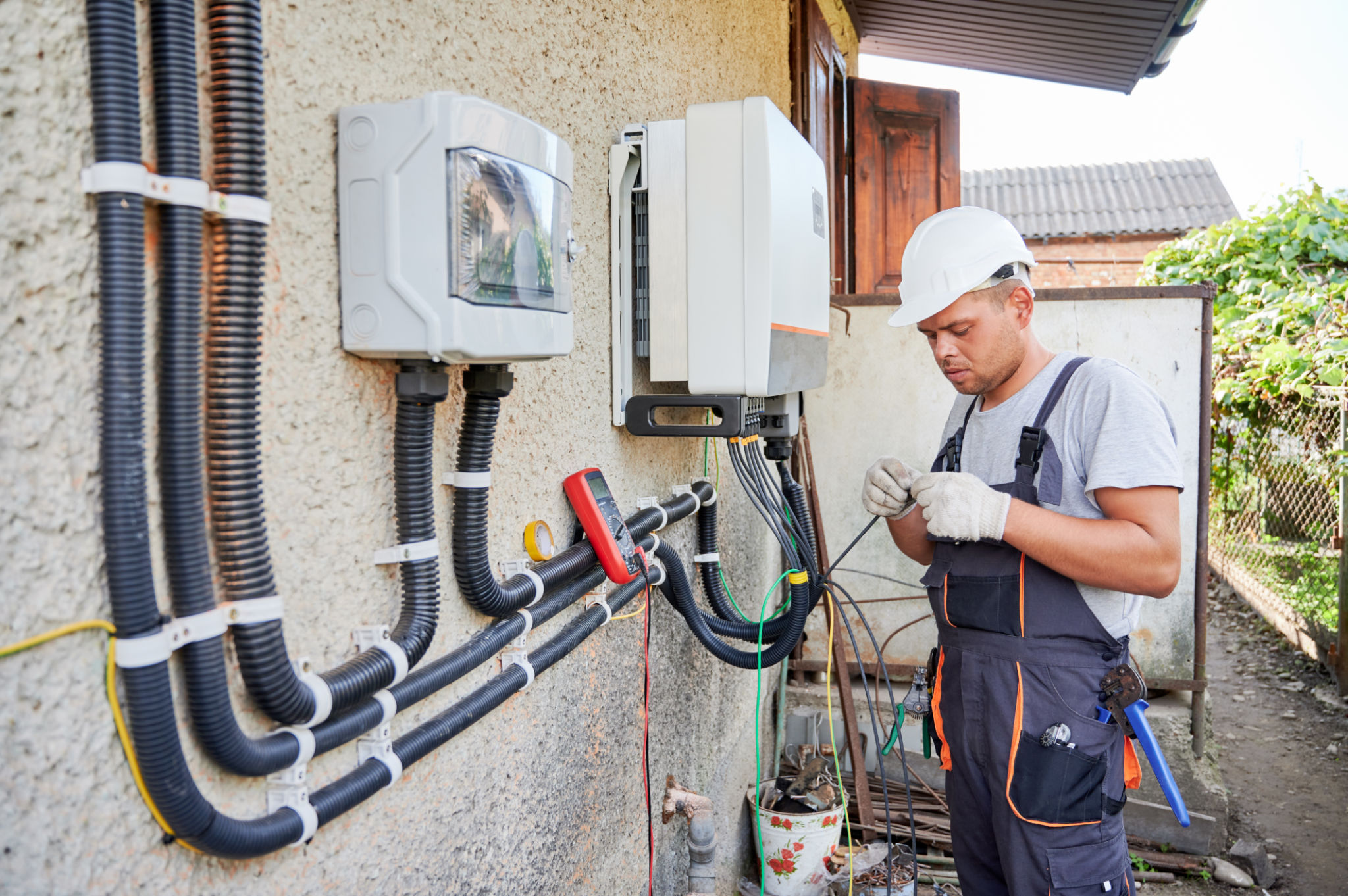Navigating Electrical Regulations in Auckland: What Homeowners Need to Know
Understanding the Basics of Electrical Regulations
Homeowners in Auckland need to be aware of the electrical regulations that govern any work done within their homes. These regulations ensure safety and compliance, protecting both the property and its occupants. The New Zealand Electrical Code of Practice (NZECP) provides guidelines that must be followed during any electrical installation or repair.
One of the critical aspects of these regulations is that any significant electrical work must be carried out by a licensed electrician. DIY electrical work is not only discouraged but is also illegal for most tasks. Ensuring that your home adheres to these regulations is crucial for safety and legality.

When to Hire a Licensed Electrician
While it might be tempting to tackle some electrical projects yourself, Auckland homeowners must recognize when it's necessary to hire a professional. Tasks such as installing new power points, altering existing wiring, or dealing with circuit breaker issues require a licensed electrician.
Hiring a professional ensures that all work complies with the latest safety standards and reduces the risk of electrical hazards like fires and electrocution. It’s also important to remember that any electrical work must be certified by an electrician to meet legal requirements.

Understanding Certification and Compliance
After completing electrical work, your electrician should provide a Certificate of Compliance (CoC). This document certifies that the work meets safety standards and has been performed according to regulations. Keeping these certificates is important for future reference, especially if you decide to sell your home.
Additionally, some projects require a separate Electrical Safety Certificate (ESC), which confirms that the installations are safe to use. Ensuring all certifications are in place not only secures your property but also maintains its market value.

Regular Safety Checks
Homeowners should conduct regular safety checks to ensure their electrical systems remain in good condition. This involves checking for signs of wear and tear, such as frayed cords, flickering lights, or outlets that don’t function properly. Addressing these issues promptly can prevent larger, more costly problems down the line.
It's advisable to have a licensed electrician perform a thorough inspection every five years or sooner if any issues arise. Regular inspections can identify potential hazards before they become serious threats.
Staying Updated with Changes in Regulations
Electrical regulations are subject to change, and staying informed about these updates is essential for homeowners in Auckland. Changes may occur due to new safety technologies, updated standards, or lessons learned from past incidents. Homeowners can stay informed by consulting with their electricians or checking official government websites for announcements.
Being proactive in understanding and implementing these changes can enhance the safety and efficiency of your home’s electrical systems.

Benefits of Compliance
Complying with electrical regulations offers numerous benefits beyond just adhering to the law. A safe electrical system can improve energy efficiency, potentially lowering electricity bills. Moreover, a well-maintained system reduces the likelihood of unexpected outages or costly repairs.
Compliance also provides peace of mind, knowing that your home environment is safe for all occupants. When it comes time to sell, having a history of compliance can increase buyer confidence and potentially add value to your property.
Conclusion
Navigating the electrical regulations in Auckland might seem daunting, but it’s crucial for ensuring safety and legality in your home. By hiring licensed professionals, maintaining regular inspections, and staying informed about regulatory changes, homeowners can ensure their properties remain safe and compliant.
Taking these steps not only protects your investment but also contributes to a safer community overall.
